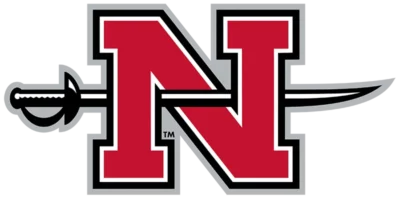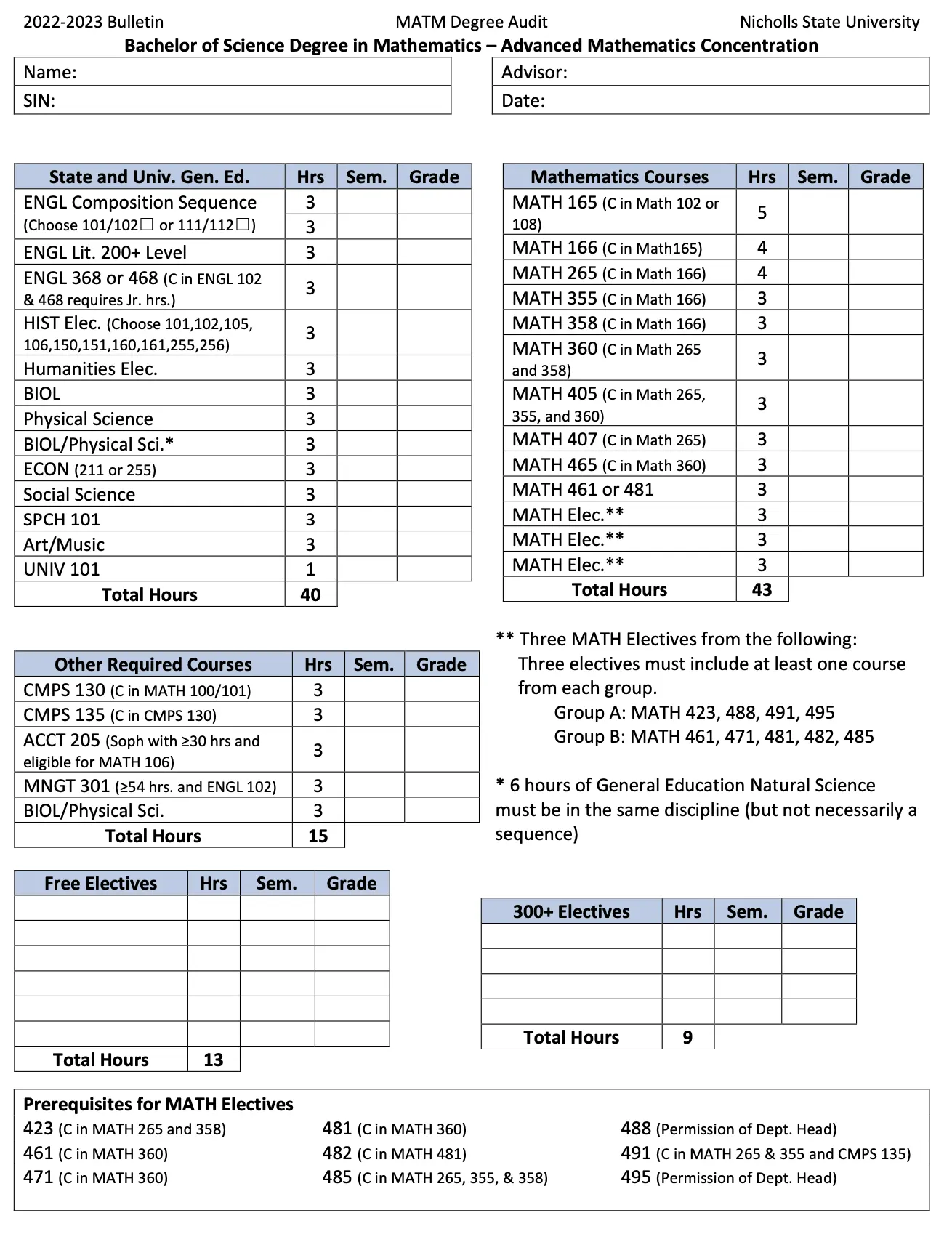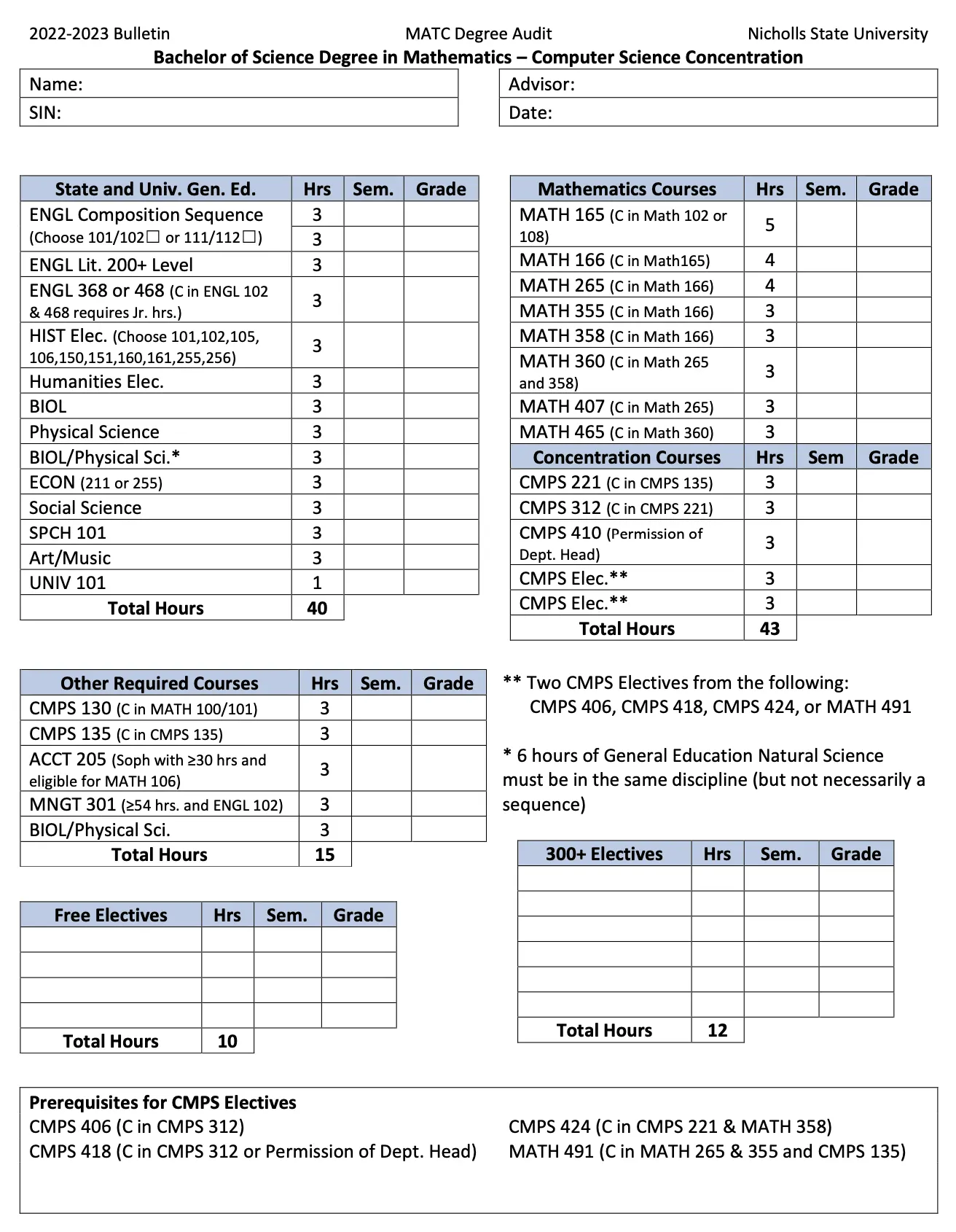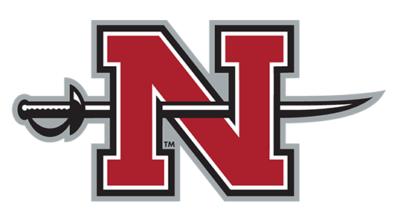Mathematics
Who is a Mathematician?
This is not an easy question to answer. The tasks assigned to mathematicians are usually as diverse as the companies that employ them. Mathematicians are frequently assigned to serve as mathematical consultants within teams of other specialists (engineers, accountants, sociologist, to name a few) and they are often part of a scientific team. A mathematician’s exposure to diverse areas of mathematics (calculus and non-calculus based analysis, numerical analysis, statistics, operations research), he or she may perform the function of researching and guiding a project group to and through a certain method of analysis. Clearly the increased use of computers has greatly influenced the role of a mathematician. He or she may perform the function of preparing a problem to obtain a solution on computing devices. In many instances this may mean programming on the computer. In other cases the mathematician may never actually see the computer.
The Challenge of a Career?
In today’s world there is an ongoing effort to quantify many aspects of our society. There is always a need for mathematicians to numerically formulate and solve new problems. There is demand for good applied mathematicians in all areas of our technological world: business, engineering, government, science, and others. People at the helm of mathematics are vital to our progress as a society. Careers for such people are diverse and abundant. A mathematician may be employed in the areas of:
- Statistics
- System Analysis
- Teaching
- Civil Service (Government)
- Actuarial Sciences
- Consulting
- Operations Research
- Industrial Research and Development
UNDERGRADUATE PROGRAM
CMPS 102. Introduction to Computing Technologies. 2-2-0. Introduction to the field of computing technologies including computer concepts, terminology, and role of computers in society. (11.0899)
CMPS 107. Computer Literacy Concepts and Word Processing. 1-1-0. Functions of a micro computing operating system; use of word processing software. This course is taught in a mini-module format. (11.0301)
CMPS 108. Computer Literacy Spreadsheets. 1-1-0. Prerequisite: C or better in MATH 100 or MATH 101 or MATH 117. Use of spreadsheet software. This course is taught in a mini-module format. (11.0301)
CMPS 109. Computer Literacy Presentation Software. 1-1-0. Use of presentation software. This course is taught in a mini-module format. (11.0301)
CMPS 125. Introduction to Website Design. 3-3-0. Use of current website development software. (11.0301)
CMPS 130. Introduction to Computer Science I. 3-3-0. Prerequisite: C or better in MATH 100 or 101. Introduction to computer science concepts emphasizing object-orientation. (11.0201)
CMPS 135. Introduction to Computer Science II. 3-3-0. Prerequisite: C or better in both CMPS 130 and MATH 101. Introduction to object-oriented computer science concepts. (11.0201)
CMPS 200. Computing Technology for Science Majors. 3-3-0. Prerequisite: C or better in MATH 100 or MATH 101 or MATH 117. Introduction to application software for use in science, including word processors, spreadsheets, presentation software, and databases. Integration of software tools. Introduction to programming and scripting. Credit toward graduation may not be earned in this course and in OIS 200. (11.0301)
CMPS 207. Computer Literacy Advanced Word Processing. 1-1-0. Prerequisite: C or better in CMPS 107 or 200. Continuation of application software advanced word processing tasks. Integration of software tools. This course is taught in a mini-module format. (11.0301)
CMPS 208. Computer Literacy Advanced Spreadsheets. 1-1-0. Prerequisite: C or better in CMPS 108, CMPS 200, or OIS 200. Continuation of application software advanced spreadsheet tasks. Integration of software tools. This course is taught in a mini-module format. (11.0301)
CMPS 209. Computer Literacy Database Software. 1-1-0. Prerequisite: C or better in CMPS 108. Continuation of application software database software. This course is taught in a mini-module format. (11.0301)
CMPS 212. Introduction to the Internet and the World Wide Web. 3-3-0. Prerequisites: C or better in CMPS 101, 130, 200 or OIS 200. Technical aspects of computer communication. Historical development of the Internet and World Wide Web. Applications of the Internet, tools, WWW browsers, hypertext languages. Server configuration and management. (11.0301)
CMPS 221. Data Structures and Software Design I. 3-3-0. Prerequisites: C or better in CMPS 135. Data structure and algorithm design, correctness, and analysis. Emphasis on data abstraction, elementary data structures, recursion and iteration, and reasoning about algorithms. (11.0201)
CMPS 222. Data Structures and Software Design II. 3-3-0. Prerequisite. C or better in CMPS 221. Continuation into the study of data structure and algorithm design, correctness, analysis, and implementation. Emphasis on software engineering principles and larger software projects. (11.0201)
CMPS 250. Introduction to Web 2.0 Tools. 3-3-0. Includes topics such as blogs, podcasting, wikis, social bookmarking, social media, social networking, tagging, and location-based services. (11.0301)
CMPS 255. Computer Virtualization. 3-3-0. Prerequisite: C or better in CMPS 135. Introduction to creating a virtual computing environment for operating systems, storage devices and servers. (11.0899)
CMPS 260. Introduction to Software Engineering. 3-3-0. Prerequisite: C or better in CMPS 135. Introduction to software engineering techniques for analysis design, and implementation of information systems. (11.0701)
CMPS 312. Internet and Database Programming. 3-3-0. Prerequisite: C or better in CMPS 221. Internet and database programming using higher-level languages. Rapid application development (RAD). Client/server techniques. Visual programming tools. (11.0501)
CMPS 321. Data Structures and Software Design I. 3-3-0. This course is an introduction to computer science emphasizing algorithmic problem solving and programming. (11.0301)
CMPS 322. Advanced Data Structures and Software Design II. 3-3-0. Prerequisite: C or better in CMPS 321. Continuation into the study of data structure and algorithm design, correctness, analysis, and implementation. Emphasis on software engineering principles and larger software projects. (11.0201)
CMPS 326. Introduction to Game Artificial Intelligence. 3-3-0. Prerequisite: C or better in CMPS 222. Introduction to Artificial Intelligence used in computer gaming. The study various algorithms used in computer gaming including but not limited to: basic movement algorithms, kinematic movement, steering behaviors, predicting physics, jumping, and motor control. (11.0301)
CMPS 340. Intermediate Website Design. 3-3-0. Prerequisite: C or better in CMPS 125. Continuation of website creation using the latest web tools. (11.0301)
CMPS 402. Introduction to Database Management System Design. 3-3-0. Prerequisites: C or better in CMPS 209 and 222. Introduction to the theory, design, implementation and application of database management system. Introduction to SQL used in databases. (11.0701)
*CMPS 406. Software Engineering. 3-3-0. Prerequisites: C or better in CMPS 312. Software engineering techniques for analysis, design, and implementation of information systems. (11.0701)
*CMPS 410. Special Topics. 3-3-0. Prerequisite: Permission of department head. Selected current topics in computer science. May be repeated for credit if content differs. No student may apply more than six semester hours toward a graduate degree. (11.0701)
CMPS 411. Emerging Technologies. 3-3-0. Prerequisite: Permission of department head. Selected current topics in computing technologies, with emphasis on new and innovative technologies. May be repeated for credit if content differs. (11.0701)
*CMPS 418. Artificial Intelligence and Simulation Techniques. 3-3-0. Prerequisite: C or better in CMPS 312 or permission of department head. Fundamentals of artificial intelligence, including problem-solving methods, search, knowledge, representation, and expert system languages. (11.0701)
CMPS 422. Advanced Database Concepts. 3-3-0. Prerequisites: C or better in CMPS 402. The popularity of the Web and Internet commerce provides many extremely large datasets from which information can be gleaned by data mining. This course focuses on practical algorithms that have been used to solve key problems in data mining and which can be used on even the largest datasets. (11.0802)
CMPS 424. Design and Analysis of Algorithms. 3-3-0. Prerequisites: C or better in CMPS 221 and C or better in MATH 358. A systematic and in-depth study of computer algorithms for solving various types of problems. Topics include fundamental algorithm design techniques, construction of types and functions, proofs of the correctness of algorithms, and complexity analysis of algorithms. (11.0701)
CMPS 430. Mobile Computing. 3-3-0. Prerequisite: C or better in CMPS 222. Beginning development of applications for mobile devices. (11.0301)
CMPS 470. Website Design Capstone. 3-3-0. Prerequisite: C or better in CMPS 340. A capstone course that combines concepts from a major course of study with web design principles through student-directed projects. (11.0301)
Bachelors in Mathematics
The faculty of the Department of Mathematics at Nicholls State University are dedicated to preparing students to adapt to the needs and demands of a technologically oriented society. Our tools are effective instruction combined with sound counseling. Our aim is excellence. Insuring that students achieve excellence is our greatest responsibility. We are interested in each individual student, and in that student’s progress, both academic and personal.
Our Department offers a Bachelor of Science degree in mathematics with concentrations in advanced mathematics, computer science, and secondary education. The core of the program consists in a variety of courses including linear programming, statistics, numerical analysis, and modern algebra.
Undergraduate Program Coordinator
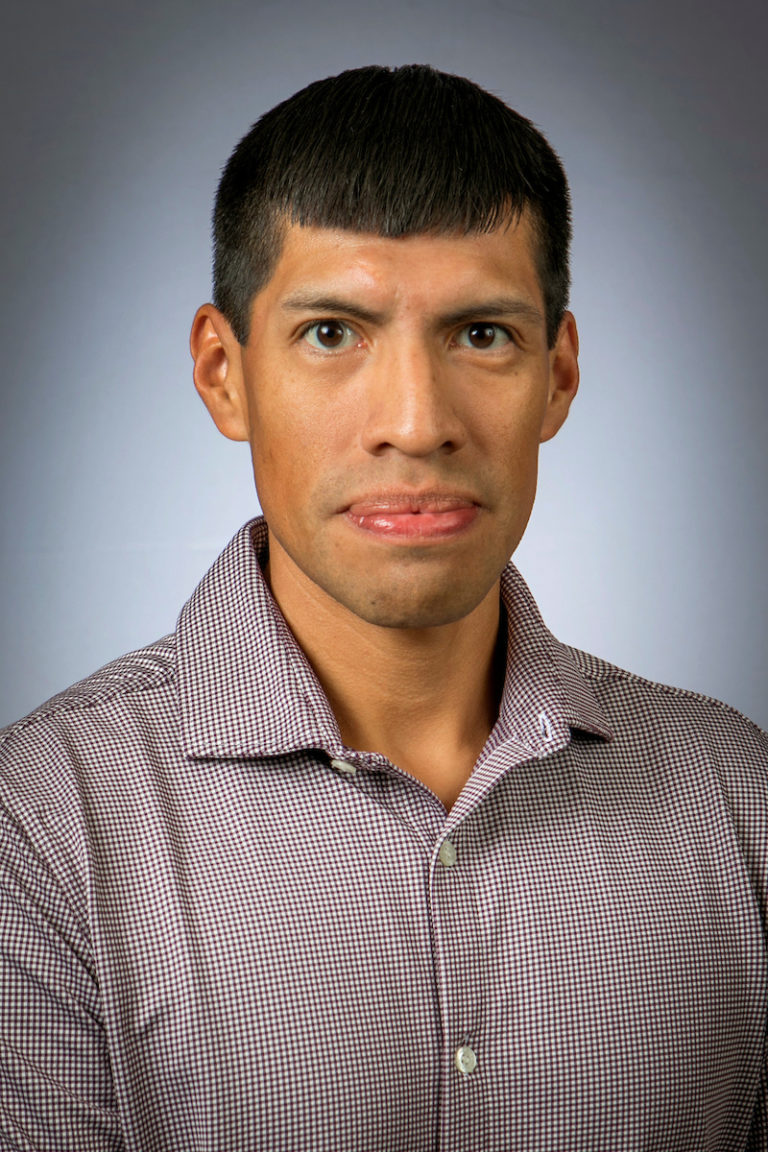
Jeremy Bourgeois
Email: jeremy.bourgeois@nicholls.edu
Phone: 985-448-4397
CONTACT INFORMATION
108 Peltier Hall
P.O. Box 2026
Thibodaux, Louisiana 70310
For more information about the program please contact:
Dr. Brian Heck, Department Head
Email: brian.heck@nicholls.edu
Phone: 985-448-4383
Dr. Matthew Gamel, Graduate Program Coordinator
Email: matthew.gamel@nicholls.edu
Phone: 985-448-4382
Dr. Jeremy Bourgeois, Undergraduate Program Coordinator
Email: jeremy.bourgeois@nicholls.edu
Phone: 985-448-4397
